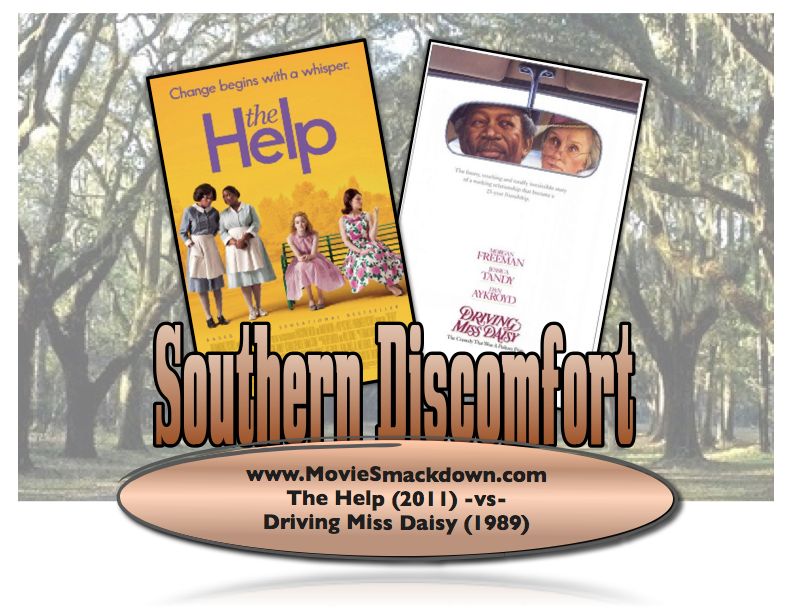
 The Smackdown
The Smackdown
Social upheaval. Economic strife. A wildly unpopular war. And racial bigotry that will forever tarnish a great country’s history. If it all sounds familiar, it’s because the problems of the 1960s are still pretty much with us… which is why movies about that era will probably always be popular. It’s so nice to look back in time at the battles for social justice that we’ve fought and won. It helps us forget for a few hours how much work is still left to do.
One of Hollywood’s favorite ways of remembering this period is through the partnerships and friendships that formed between ordinary blacks and whites and the ways they sometimes worked together to make things better for all of us. Civil rights stories have been prominent in cinema since D.W. Griffith’s Intolerance in 1916, but in 1989, Driving Miss Daisy pretty much set the template for telling a certain kind of ‘60s story, winning four Academy Awards in the process.
Now we have another soft-focus take on the era with The Help, based on Kathryn Stockett’s novel, which was as much of a phenomenon as Alfred Uhry’s 1987 play, Driving Miss Daisy, was a game-changer off- and later on Broadway.
Can The Help and Daisy co-exist in perfect harmony? Not in this Smackdown. There can only be one winner.
The Challenger
The Help comes steaming into theaters with a lot of buzz – the Wednesday night showing I attended was packed to the gills – partly on its own merit and partly because of Stockett’s wildly popular, bestselling novel of the same name.
The story centers around three women in 1960s Jackson, Mississippi – “Skeeter†Phelan (Emma Stone), Aibileen Clark (Viola Davis) and Minny Jackson (Octavia Spencer). Aibileen and Minny are maids raising the children and cleaning the houses of entitled white women, even as their employers, led by Bryce Dallas Howard’s Hilly Holbrook, campaign to further restrict their personal freedom. (“They carry different diseases,†Hilly sniffs, explaining why the maids should be forced to use only outdoor bathrooms.)
Skeeter is an intelligent young woman from a prominent white family who managed to break away from her own expected, domestic role and go to college to study writing. When she comes back home and sees the blatant racism wielded by her former friends, she decides to write a book from the point of view of the help. The workers don’t want to talk to her at first – it’s too dangerous, both for them and their families – but Aibileen and Minny decide finally to stand up and tell the truth about the injustices they suffer at the hands of their employers.
The Defending Champion
Driving Miss Daisy is a heavy hitter going up against any film. Its four Oscars include ones for Best Picture and Best Actress, the latter going to Jessica Tandy as the well-off, older Jewish woman, Daisy Werthan, of the title. At the outset, Miss Daisy puts her car in the wrong gear and crashes it right off the edge of the driveway. No insurance company will cover her at that point, so her son Boolie (Dan Aykroyd) decides to find her a driver.
Enter Morgan Freeman as Hoke Colburn, a black man who’s easy-going enough to handle Miss Daisy’s persnickety ways. She initially wants nothing to do with him and hates the idea of depending on someone to get around, but his humanity and graciousness win her over. The movie follows their relationship over the course of the next two decades. Freeman and Aykroyd were also Oscar-nominated for their excellent work (though Aykroyd’s Southern accent was less than perfect).
The Scorecard
Jessica Tandy and Morgan Freeman dominate the screen in Daisy, save for the occasional presence of Aykroyd. Other characters people the landscape, but director Bruce Beresford and screenwriter Uhry keep the lens trained on the heart of the matter — Miss Daisy and Hoke — and Tandy and Freeman give performances that hold up even over the decades.
Tandy hits every note – how she talks, how she moves, how she reacts. She’s a woman who has done well for herself in life, but she’s come from humble beginnings and never forgets it. No putting on airs, no making a fuss, and no showing weakness. She wears Miss Daisy’s pride as easily as Miss Daisy wears her shawl, but the best parts are when she shows the softening and the affection that’s slowly growing in her character for her driver.
As solid as Tandy is, Freeman is better. Uhry’s script could have made Hoke a bit of a caricature, but the actor elevates the material, giving Hoke dimension even without dialogue, and showing us flashes of depth just behind the eyes.
Remarkably, Viola Davis and Octavia Spencer measure up to Daisy’s stellar core cast. There is Oscar buzz already around Davis’ performance as Aibileen, and she is riveting. Her character practically has a gravitational pull, holding down a film that might otherwise not have enough weight to keep it from flying off. Aibileen is powerful but, at the beginning, not yet aware of her power. She takes one courageous step despite tremendous odds stacked against her, and by the end of the film, she has so earned her climactic victory that you want to cheer for her out loud. The people at my showing did just that.
If Aibileen is the heart, Spencer’s Minny is the fabulous attitude. She is opinionated and smart and strong – but also hemmed in by the racism and classism around her. She’s wickedly funny and gets the biggest laughs, but Spencer doesn’t settle for playing her as a sassy stereotype. Minny has her own troubles and a hell of a heart that Spencer lets very quietly show, just every now and then.
Emma Stone is also quite competent as Skeeter. From what I understand, the novel (which I didn’t read) was much more about that character. Writer-director Tate Taylor made a smart move by framing the story more around Aibileen and using Skeeter as just a vehicle. Her love life struggles in particular seem rather silly when compared with everything else the movie is dealing with. Props should go out to Allison Janney, who plays Skeeter’s mother and knocks it out of the park.
The Decision
These movies handle similar subject matter a bit differently. Daisy is a subtle piece in every way. Discrimination, violence, civil rights – they all pass by in the background, with no one addressing them directly; instead the movie lets Miss Daisy and Hoke’s relationship reflect the changes of the outside world. In The Help, the Civil Rights movement is front and center along with the racism, and Aibileen and Minny actively fight for some kind of justice, for some kind of voice. It’s a more typical film makeup – an easy-to-draw, rising action/climax/falling action/resolution plotline versus Daisy’s series of vignettes. The film is strong because Davis and Spencer are strong, and it has something to say because those two are so good at saying it.
The Help is funny, it’s moving and it’s uplifting. It has an almost unbelievable villain in the form of Howard’s Hilly, who is very easy to hate. It’s also got sass and heart that, in the showing I attended, poured off the screen and into the audience.
But there’s something to be said for subtlety too. When it comes right down to it, The Help stuck a little too close to the formula and tied up too neatly. In its own quiet way, Driving Miss Daisy, on the other hand, ends honestly, never losing its focus on its central players. It’s a close decision, but Driving Miss Daisy drives across the finish line as the winner and still champion.

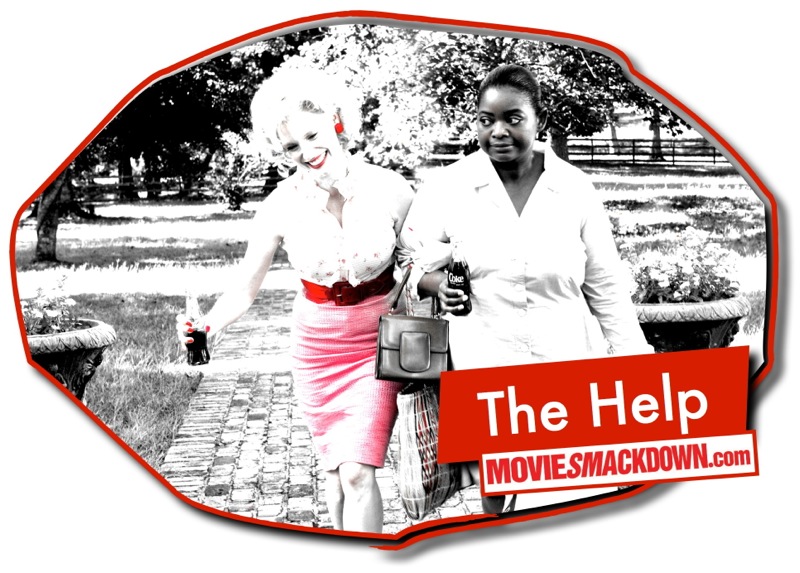
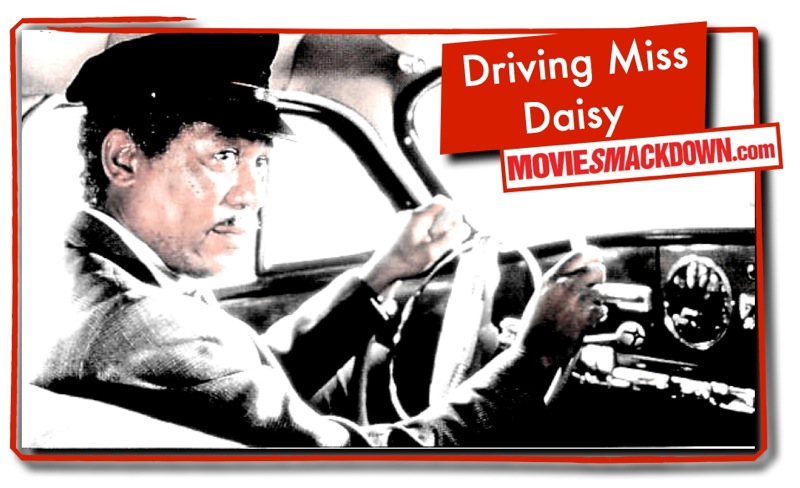
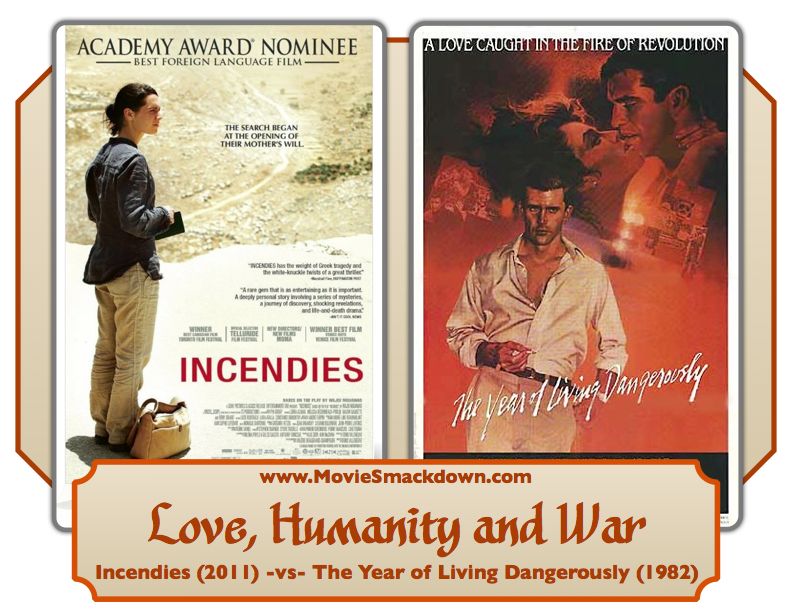
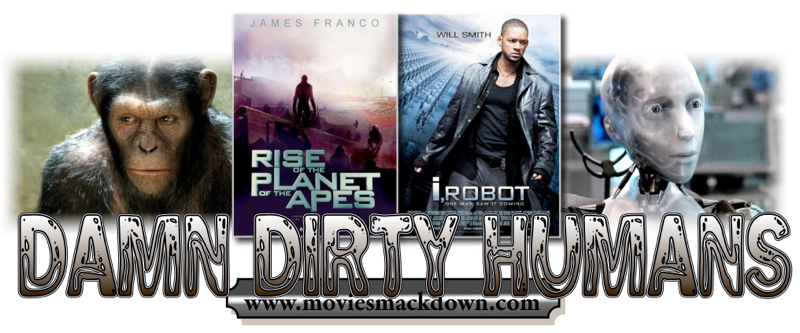
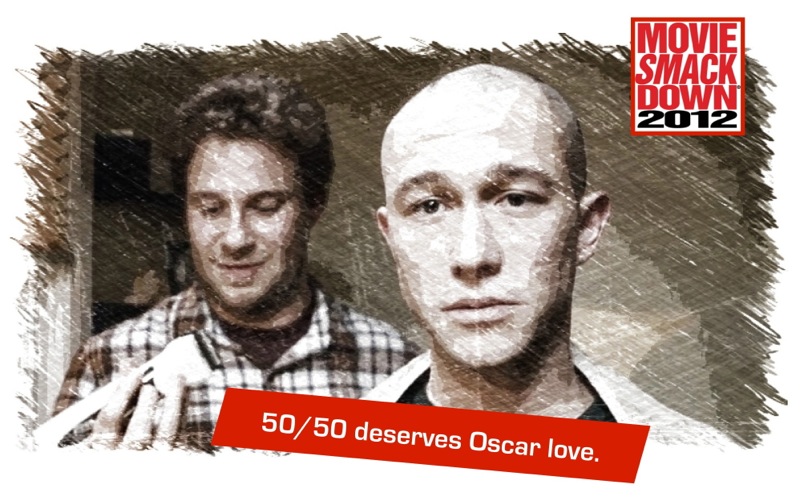
Like Eric, I wanted to like The Help more than I did. It’s manipulative and phony in so many places that it doesn’t have to be. It gives away subtlety in favor of broad billboards of characters. It does have its moments, but I got frustrated with it.
Oh, and it also seems like it ends a half dozen times before it really does.
I have to say, I wanted to like The Help a lot more than I did. It seemed very derivative to me — not only of Miss Daisy but of decades of pop culture stereotypes. Not that it didn’t have its moments. It did, and some strong performances too. But to me, it didn’t really feel lived in.
The Help… it needs help. What a cliche.